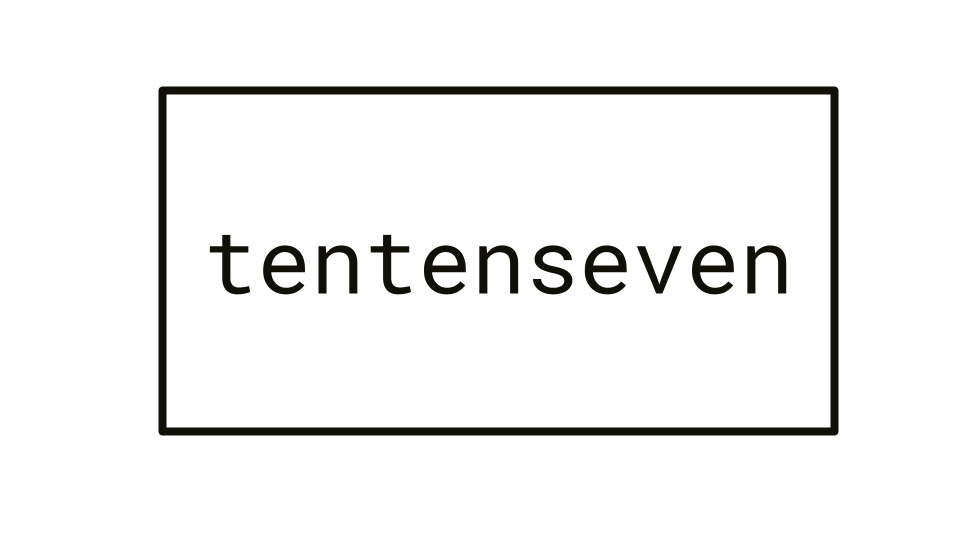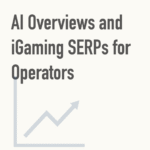A PPC audit for iGaming and sports betting has some unique quirks that go well beyond a standard audit for other sectors.
The core reason is that, unlike in eCommerce—where there is a defined price and order value—in iGaming and sports betting, customer value varies significantly. Additionally, some winning customers may have a negative lifetime value.
As a marketing team, you also work closely with your trading team for sports and the casino product team for gaming.
Because of these complexities, an industry-specific approach is essential.
Key to Success – Paid Search iGaming
With semantic keyword matching and automated AI bidding and targeting, organising your off-platform data is critical for success.
This involves player analysis and linking players back to clicks from search ad platforms.
Note: All images are taken from our PPC Audit Deck. If you want the full deck, just message us using the contact forms on the side or at the bottom of this post.
Time and ROI Metrics
Surprisingly, outside of a few top-level PPC teams, time-based (annualised return) and ROI metrics—such as the NPV of projected lifetime value—are underutilised.
From experience, this can often be the deciding factor when allocating budgets between casino and sports campaigns.
It is also imperative to use theoretical hold and sports margin when analysing performance.
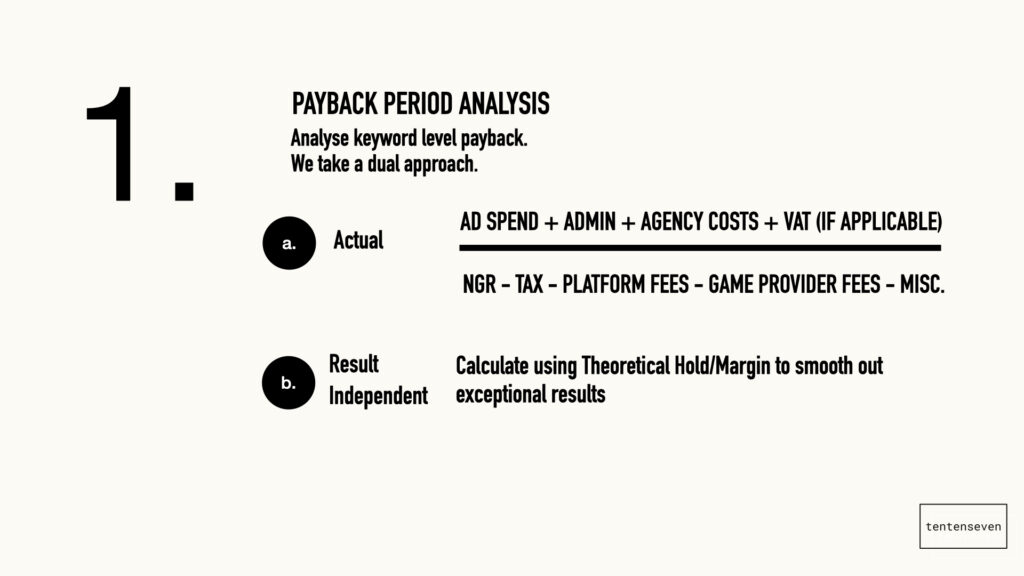
Additionally, you must consider commercial agreements with platform and game providers, as well as region-specific tax obligations.
Failing to factor in all costs could lead to misjudgments when comparing products and jurisdictions for budget planning.
Fraud and Stake-Factored Customers – PPC Audit for iGaming and Sports Betting
A key part of any PPC audit for sports betting is stake factor analysis of acquired bettors.
The quality of a channel can often be quickly assessed by reviewing the extent of stake factoring with your trading team.
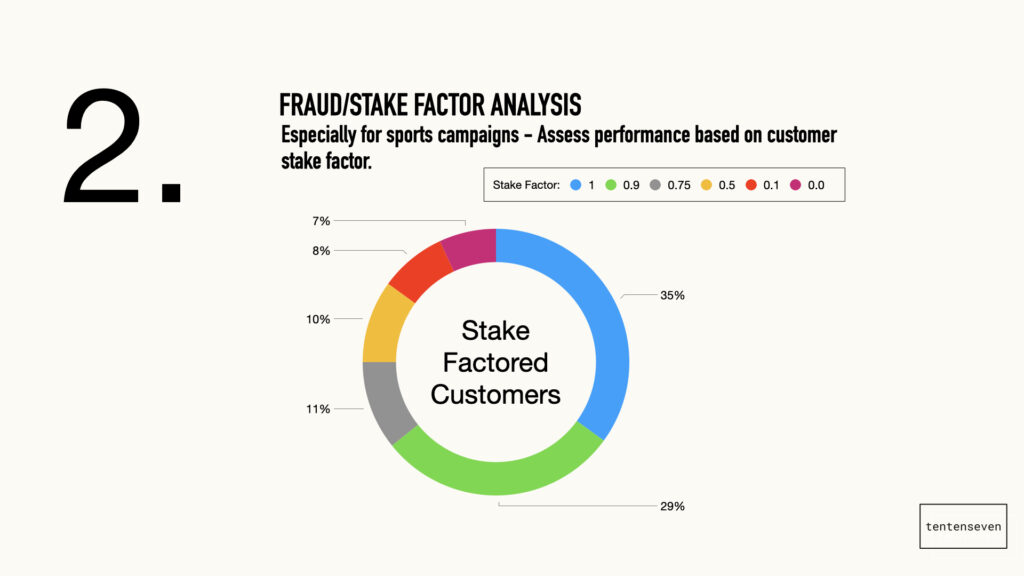
However, as a marketing team, you must also evaluate the customer journey holistically, considering their value across casino and games products.
You may need to highlight excessive stake factoring on sports bettors who are high-value casino players. While this issue was more common in the past, today, sports traders and risk analysts assess customer activity across all products before aggressively applying stake factors. It is still worth keeping an eye on.
This is one of the most important industry-specific tasks in a PPC audit.
The same must also be done for problem gambling and AML markers.
Using VIP Tiers or More Qualified Customers for Bidding than FTD
There are two alternative approaches to basic FTD bidding that you should consider:
- VIP tiering with a defined average CLV per tier.
- Using a value amount for each click ID. (The challenge here is that cookies, GCLIDs, or MSCLKIDs can expire.)
You must balance consensus definitions across multiple teams while ensuring the approach aligns with the capabilities of ad platforms.
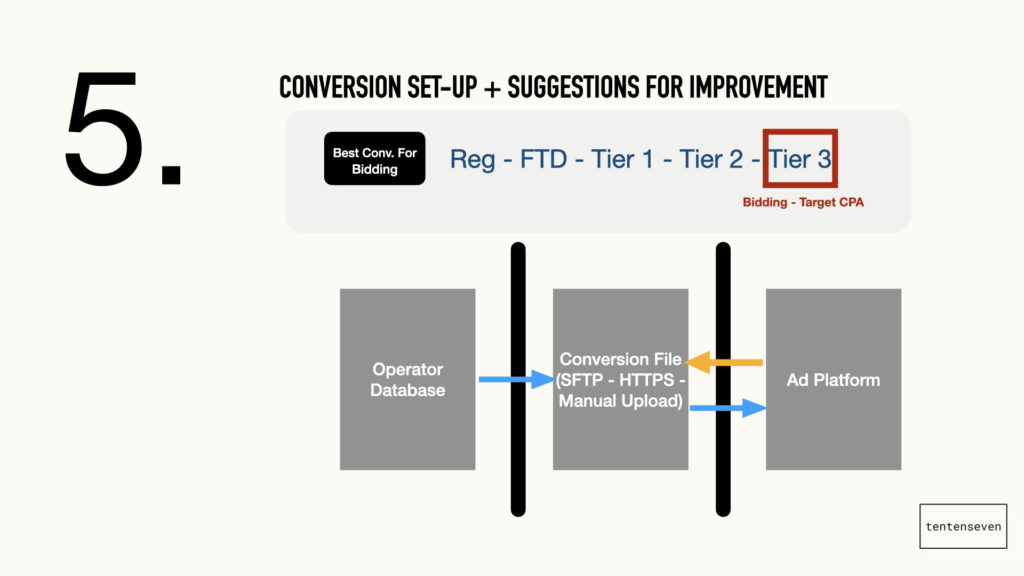
Yes, conducting a PPC audit requires cross-team collaboration.
Lower Click-Through Rates and Quality Score May Be Better for Profitability
In most industries, improving quality scores is a priority. However, in iGaming and sports betting, the primary driver of click-through rate (CTR) is the offer itself.
The key to profitability in paid search is avoiding clicks from non-converters or low-value customers.
An aggressive offer might attract bonus abusers, resulting in a high-quality score but a negative financial return.
On the other hand, a conservative offer will have a lower CTR (leading to lower quality score) but attract customers more likely to stay engaged, increasing your chances of long-term profitability.
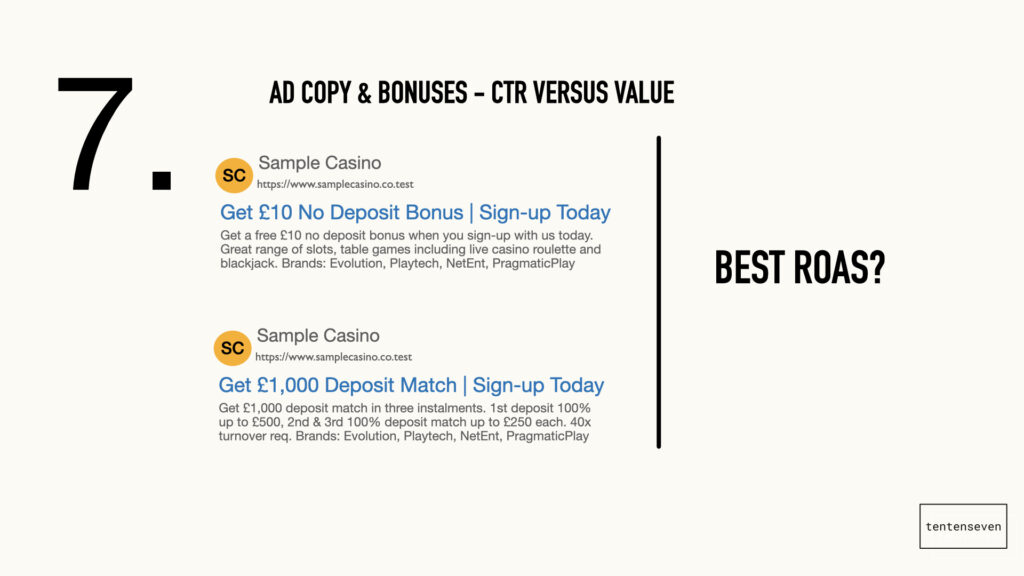
Don’t Forget the Housekeeping Audit – PPC Audit for iGaming and Sports Betting
In addition to customer analysis and tracking reviews, you should also run a standard PPC housekeeping audit.
However, it’s important to integrate this with the industry-specific elements mentioned above.
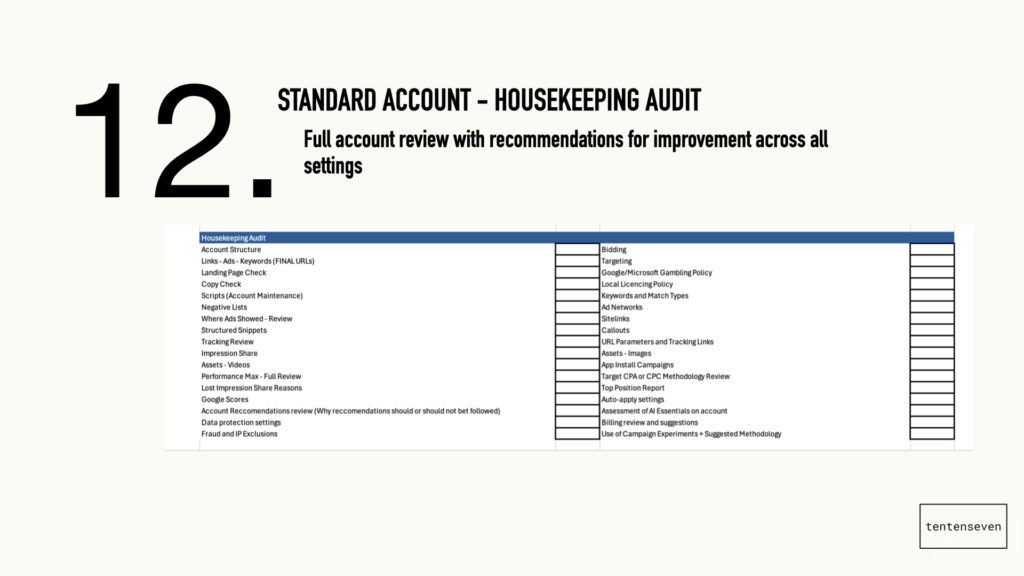
If you would like a full rundown of our PPC audit process simply contact us below:
Message us about our PPC Audit Process
